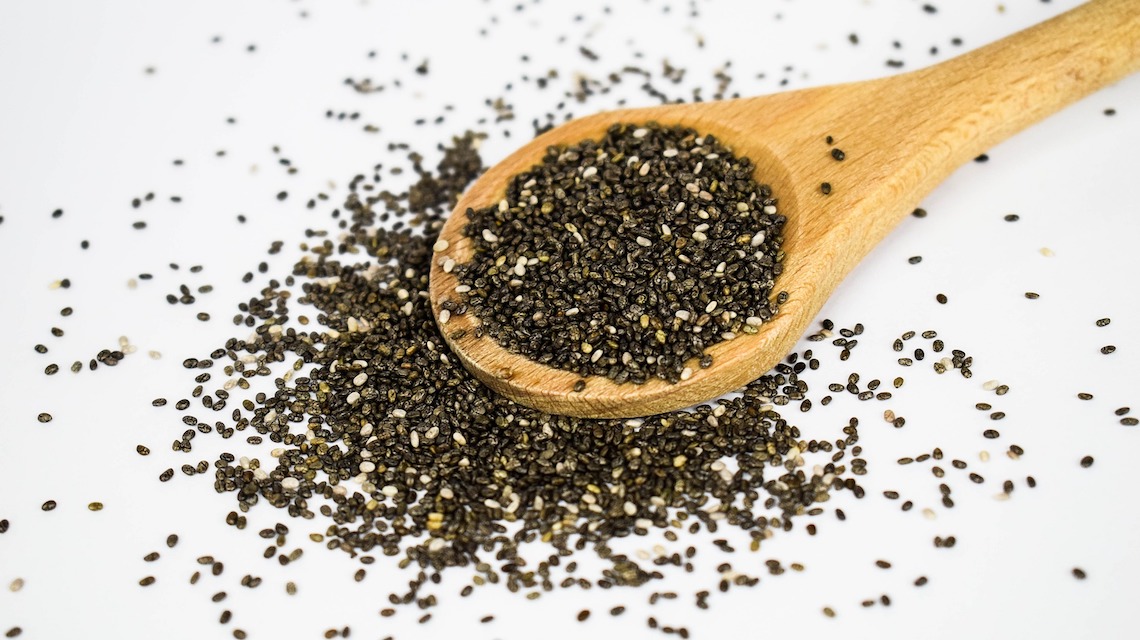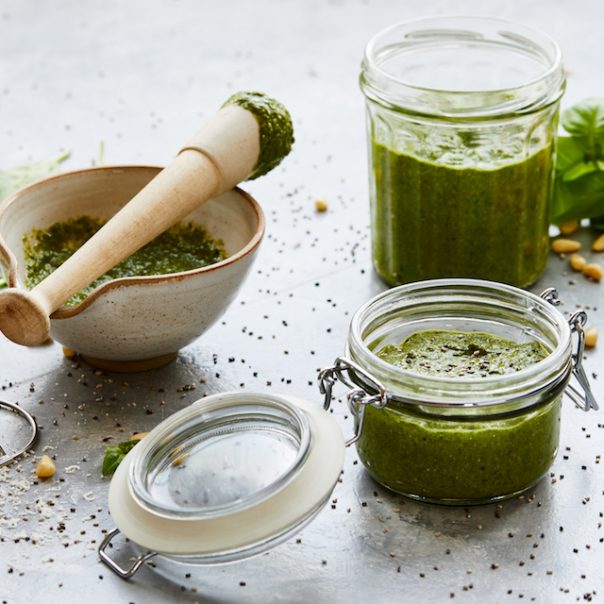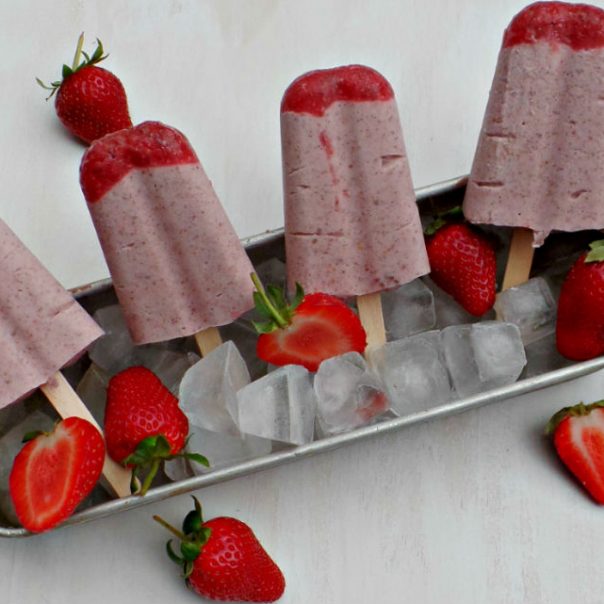For most of us, eating healthy every day is only realistic if it works in with our busy lifestyles. That’s why one of the best things about chia – on top of its powerful nutritional profile, of course – is that it’s just so easy to include it in your day-to-day eating.
With no discernable flavor, and no processing needed (you can eat it right off the plant!) chia is one of the simplest ways to get more healthy nutrition into your diet. Just add it in to your regular meals and snacks for a healthy boost of fiber, protein, omega 3 and antioxidants.
New to chia? Here are a few of our most frequently asked questions:
Do I need to grind or mill the seeds?
Nope! Chia is totally digestible in its whole seed form. The chia seed shell actually provides insoluble fiber, which is really beneficial for your digestive health. If you’re not used to eating a lot of fiber it might take a little while for your digestion to adjust – you can soften the chia seeds by letting them gel in a little liquid before consuming, and start with a smaller dose until your tummy gets used to it.
What’s the difference between black and white chia seeds?
Absolutely nothing! Black and white chia seeds have the same nutritional make-up, with the only difference being literally the color of the seed shell. Eat black speckled or white, but never brown chia seeds – these ones have not had enough sunlight and water to mature properly, or there has been a climatic event such as frost on the crop. When chia seeds are brown the nutritional content is also compromised; brown seeds will be low in omega-3 oils and have a bitter taste.
Does chia’s nutrition get affected by cooking?
It really doesn’t! You can use chia in soups, stews, baking, roasted vegetables, pretty much anything and it’s nutrition will not be compromised. The only thing that can affect chia is super hot flash frying, so we recommend avoiding that.
Is it vegan and gluten free?
Yes! Chia is great for those on free-from diets because it delivers such powerful nutrition. It’s a particular star for vegan diets because it contains a healthy dose of plant protein, and can even be used to replace eggs in baking.


